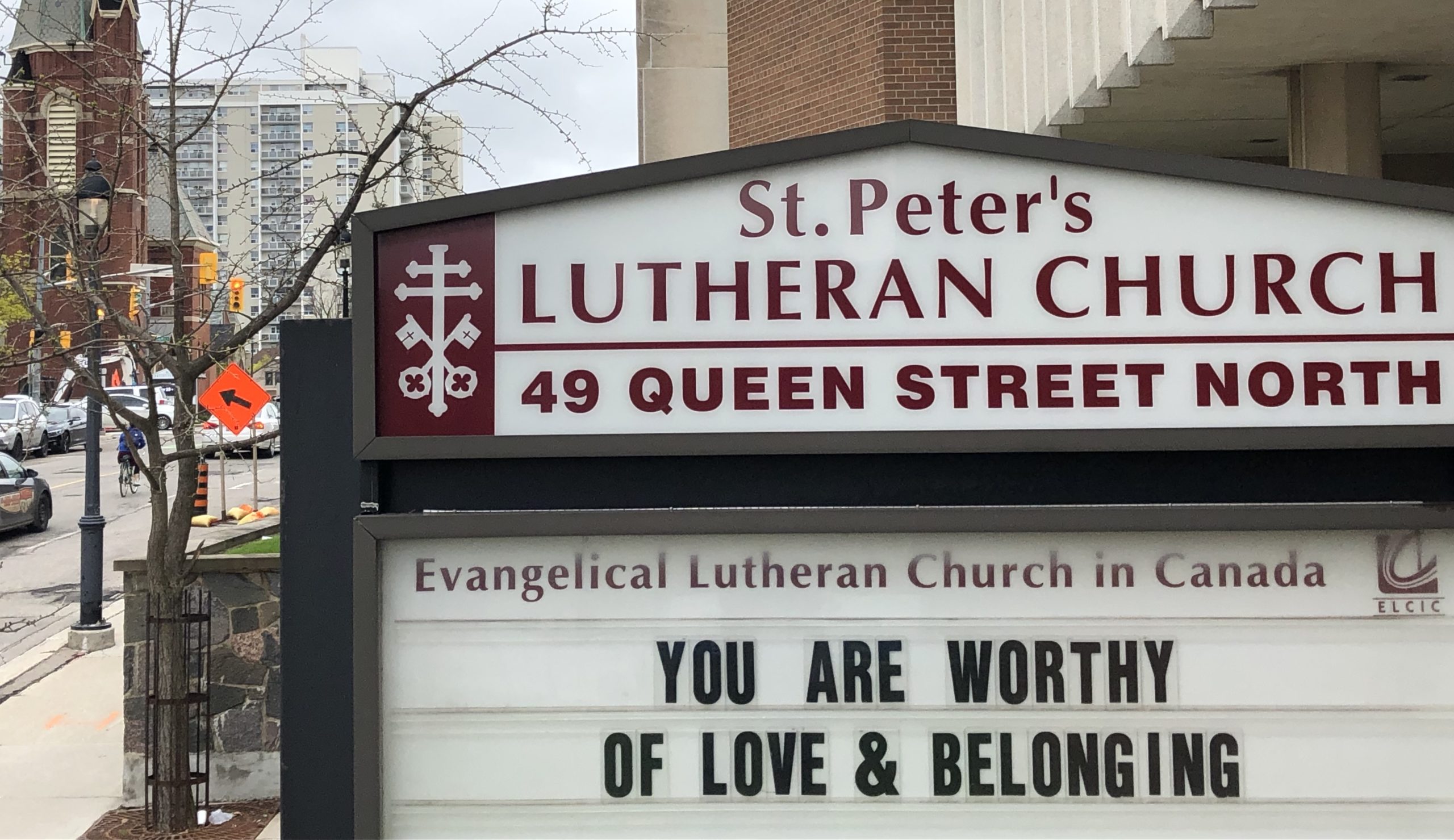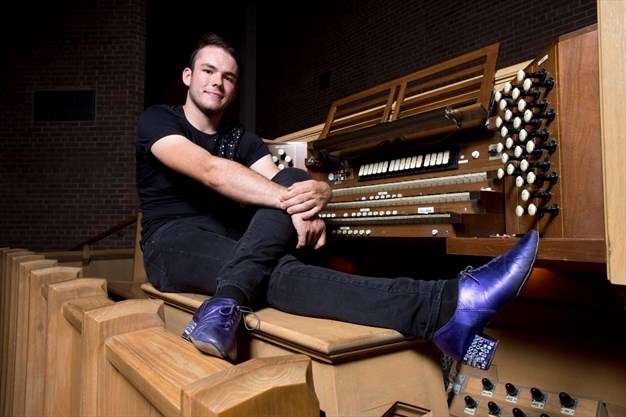The Treadmill
Peace, Friends.
The poet Rumi, talking about the wanderings and returnings that weave their way through the tapestry of life, writes:
Where did I come from, and what am I supposed to be doing?
I have no idea.
My soul is from elsewhere, I’m sure of that,
and I intend to end up there.
As a human, I am often driven towards achievement, accomplishment, and personal bests—“results oriented” is the phrase used on a resume. The risk, of course, is when one’s significance is tied to performance . If I accomplish this, or do that, or own this, then I can prove that I am worth something. That’s exhausting—for our lives and for our souls. And it can be debilitating.
I have run on this treadmill…in some ways I am still on this treadmill. Trying to prove that I am worthy, that I am loveable, that I am of significance. I turn on the television and the talk show host preaches at me and tells me that I need to love myself. Stan Tatkin, in his book “Wired for Love” asks “Is it really possible to love yourself before someone ever loves you? Think about it, how could this be true? If it were true, babies would come into this world already self-loving or self-hating. And we know they don’t […] human beings don’t start by thinking anything about themselves, good or bad. We learn to love ourselves precisely because we have experienced being loved by someone.” (Stan Tatkin, Wired for Love) Rumi writes that “Whoever brought me here will have to take me home.”
Sometimes on the treadmill, I forget that I am already loved…by some who walk this earth and by the Creator.
Sometimes on the treadmill, I forget to look around and see the Kingdom of God.
Sometimes on the treadmill, I forget to
Rest
Breathe
Be
and dwell there.
I am inspired by the words of Jake Owensby who writes: “The Kingdom is not some distant spiritual realm separate from the world we inhabit. God reigns with love. Where love animates us, that is the Kingdom of God. Yes, that Kingdom stretches into eternity. But it begins right here. Right now. Jesus teaches us to walk the way of love in order to bring the Kingdom of God near. To bring God’s reign to our neighborhood, to our school, to our workplace, and to our supermarket. To bring it near to the broken-hearted, the neglected, the despised, and the destitute. In other words, Jesus teaches us to let his love express itself in our actions. With our hands and our feet, with our votes and our checkbooks. His love restores, renews, and remakes a world debased by violence, prejudice, and greed. Heals a world wounded by hunger, oppression, and suffering. To put it differently, Jesus urges us to live in this world as the place that God is returning to the dream that God had for it in the first place. The place where love reigns.” (Jake Owensby, Looking for God in Messy Places).
As I journey, as layers of my story are peeled away, I am learning to live my story anew. Like a piece of the forward of Marshall Rosenberg’s great book Non-Violent Communication says: you’ve got to remove the layers of your story so you can discover and live your story. Not the story of who friends say you are. Not the story of who family says that you are. Not the story of who bosses or higherups, or advertisers, or church experts, or the world, say you are. But the story of who your Creator says you are. Therein, I think, lies what some call enlightenment. Some call freedom. I’m still pondering this one…but I do know that shame has no foothold there.
Everybody is worthy of love and belonging. Period. Full-stop. And we each have a place, not through accomplishment or merit, but as beloved children of God. Sometimes I forget that that applies to me too.
Maybe this freedom comes when we let God be God.
Maybe this freedom comes when we get off the treadmill.
Maybe this freedom comes when we know that we are loved.
But it is a freedom that empowers us to be our truest selves.
Onward,
Mark+





